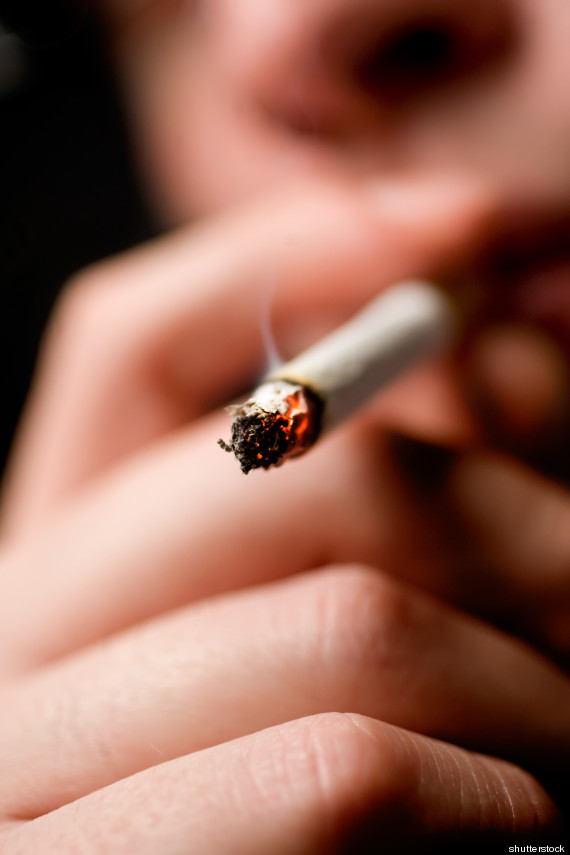“Cannabis contains over 60 different terpeno-phenol compounds…
cannabidiol (CBD), cannabigerol (CBG), cannabidivarin (CBDV) are known as non-psychoactive components of cannabis.
These compounds have shown anti-inflammatory, immunosuppressive, analgesic, anxiolytic and anti-cancer effects…
Cannabinoids may play a role in neuroprotection in disorders such as stroke, Parkinson’s disease, traumatic brain injury and epilepsy…
It is well-known that delta9-THC and other cannabinoid CB1 receptor agonists are neuroprotective during global and focal ischemic injury…
Accumulating data now suggest that cannabinoid CB1 receptors contribute to neuroprotection… Emerging data now support the evidence of the anti-inflammatory action of CBD…
These results suggest that CBD may prevent post-ischemic injury progressively induced by ischemic stroke….
…anti-inflammatory, anti-oxidant, and neuroprotective effects of CBD. In particular, CBD exerts positive pharmacological effects in ischemic stroke and other chronic diseases, including Parkinson’s disease, Alzheimer’s disease, and rheumatoid arthritis.
The cerebroprotective action of CBD is CB1 receptor-independent, long-lasting, and has potent anti-oxidant activity. Importantly, CBD use does not lead to tolerance.
In the last 10 years, it has been possible to demonstrate that CBD has the following unique therapeutic profile: 1) a cannabinoid receptor-independent mechanism, 2) long-lasting cerebro- protective effect after ischemic stroke, and lack of development of tolerance.
Moreover, CBD has almost no side effects, including psychotropic activity.
Preliminary studies highlight the fact that the multifunctional actions of CBD may lead to benefits in more complex systems within the brain after ischemic stroke.
CBD offers new therapeutic possibilities for treating ischemic stroke…”







